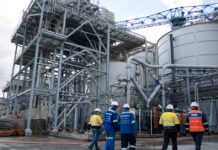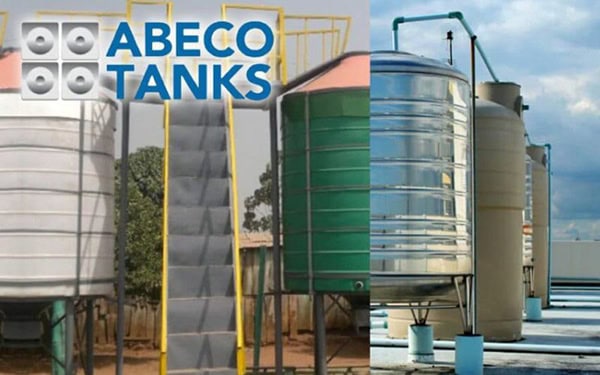In a country like South Africa, where water storage is a critical part of daily life for agricultural, residential, and commercial needs, choosing the right tank is essential. The debate often centers around steel and plastic tanks, with both options offering distinct advantages.
1. Durability and Longevity
South Africa’s diverse and often harsh climate places a heavy burden on water storage tanks. Plastic tanks, typically made of polyethylene, are susceptible to UV degradation due to the relentless African sun. Over time, UV exposure weakens plastic, causing cracks, brittleness, and a shorter lifespan.
When looking at steel tanks, particularly those made from galvanized or coated steel, withstand intense sunlight without the same level of degradation. Steel’s resilience against UV rays makes it a reliable long-term solution for South African conditions, resulting in fewer replacements and lower costs over the tank’s life cycle.
2. Heat Resistance and Stability
South Africa experiences significant temperature fluctuations, from sweltering daytime heat to cooler nights.
Plastic tanks are prone to warping, expanding, and contracting with temperature changes, potentially compromising their structural integrity.
In contrast, steel tanks offer greater thermal stability and remain unaffected by temperature swings. This stability makes steel tanks less likely to suffer leaks or structural failures, providing a dependable water storage solution.
3. Fire Resistance
In rural and agricultural areas, fires are a real threat. Plastic tanks can melt or become damaged when exposed to high temperatures or fire.
Steel tanks, however, provide an added layer of safety due to their fire-resistant properties. This resilience is particularly crucial for South African farmers and communities in fire-prone regions who rely on water storage to combat blazes or maintain livestock during emergencies.
4. Environmental Considerations
Steel is a recyclable material, making steel tanks a more sustainable option for environmentally conscious consumers.
Steel tanks can be repurposed or recycled at the end of their lifespan, minimizing environmental impact.
In contrast, plastic tanks, while sometimes recyclable, often end up in landfills due to limited recycling facilities for large polyethylene structures in South Africa. Choosing steel aligns with South Africa’s growing focus on sustainability and waste reduction.
5. Strength and Versatility
Steel tanks can withstand higher pressures than plastic tanks, making them ideal for industrial and agricultural use.
South African farmers often require robust tanks for irrigation, and steel tanks offer the necessary strength to handle large volumes and high-pressure conditions. Steel tanks are also less prone to punctures and impacts, providing peace of mind in high-risk environments.
Their versatility makes them suitable for a range of applications, including rainwater harvesting, fire suppression, and industrial water storage.
6. Customization and Aesthetic Appeal
While plastic tanks often come in a limited range of colours and sizes, steel tanks offer more customization options, including size, coatings, and finishes. This flexibility means that consumers can find a steel tank to meet their specific needs while blending seamlessly into their environment.
Final Thoughts
While plastic tanks offer lower initial costs, steel tanks prove to be the better option for South African conditions. For those serious about water storage in South Africa’s demanding climate, investing in a steel tank is a decision that pays off in the long run.















